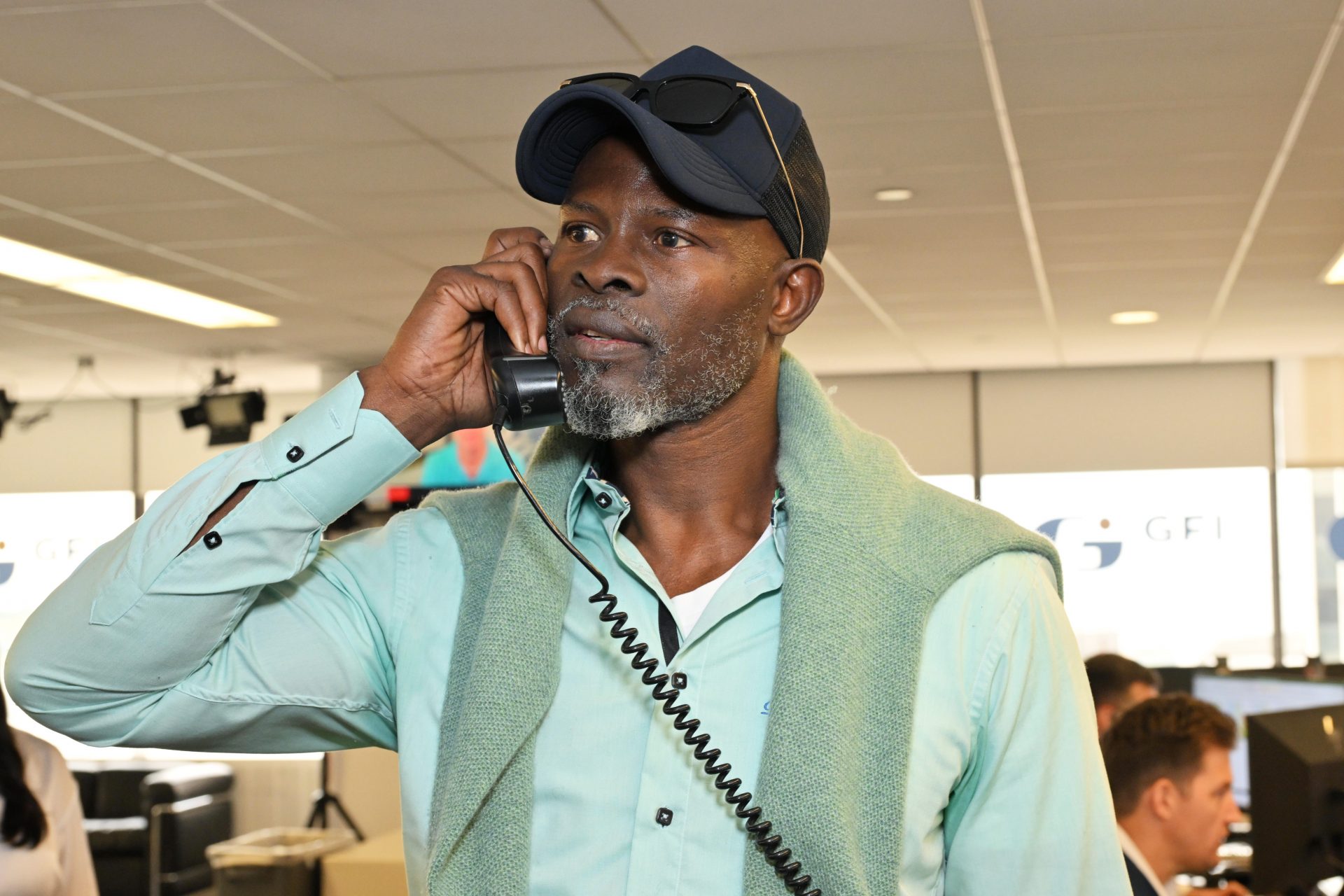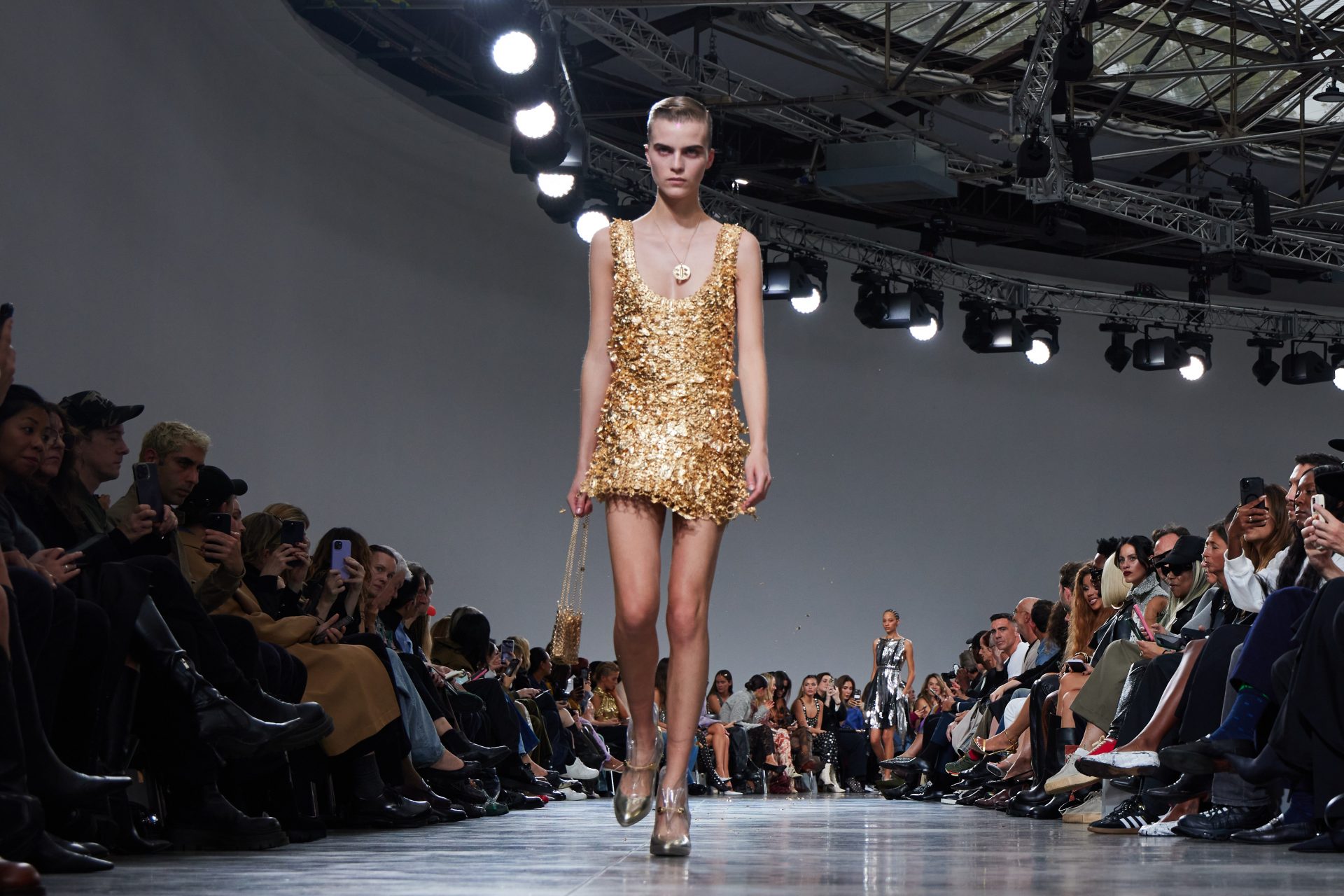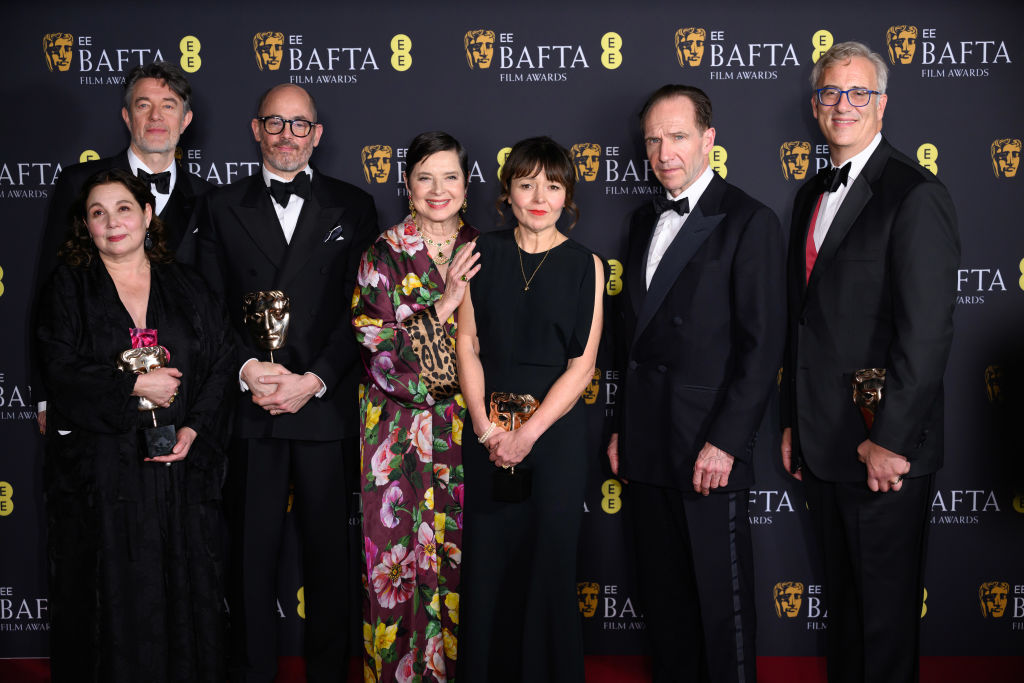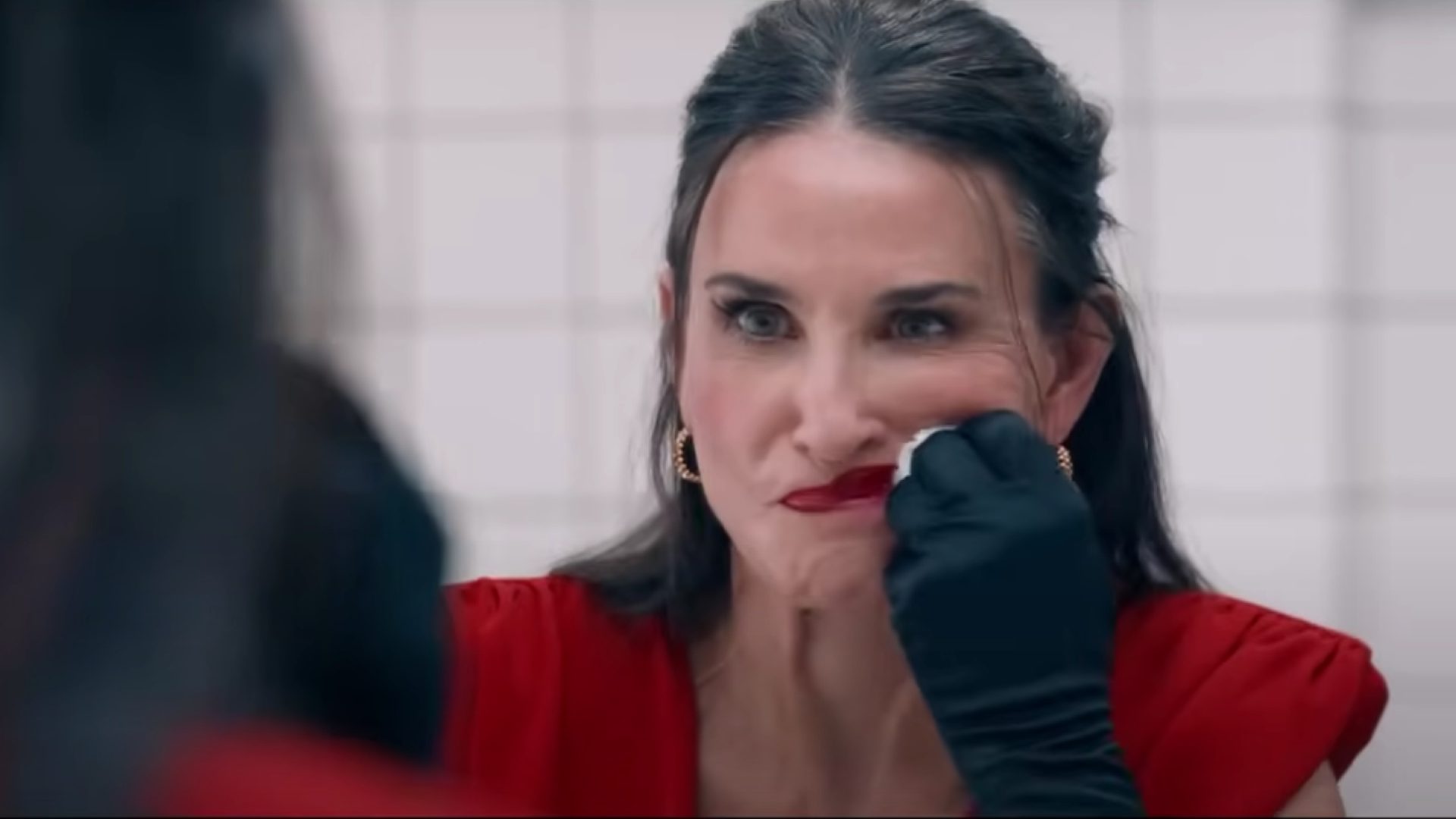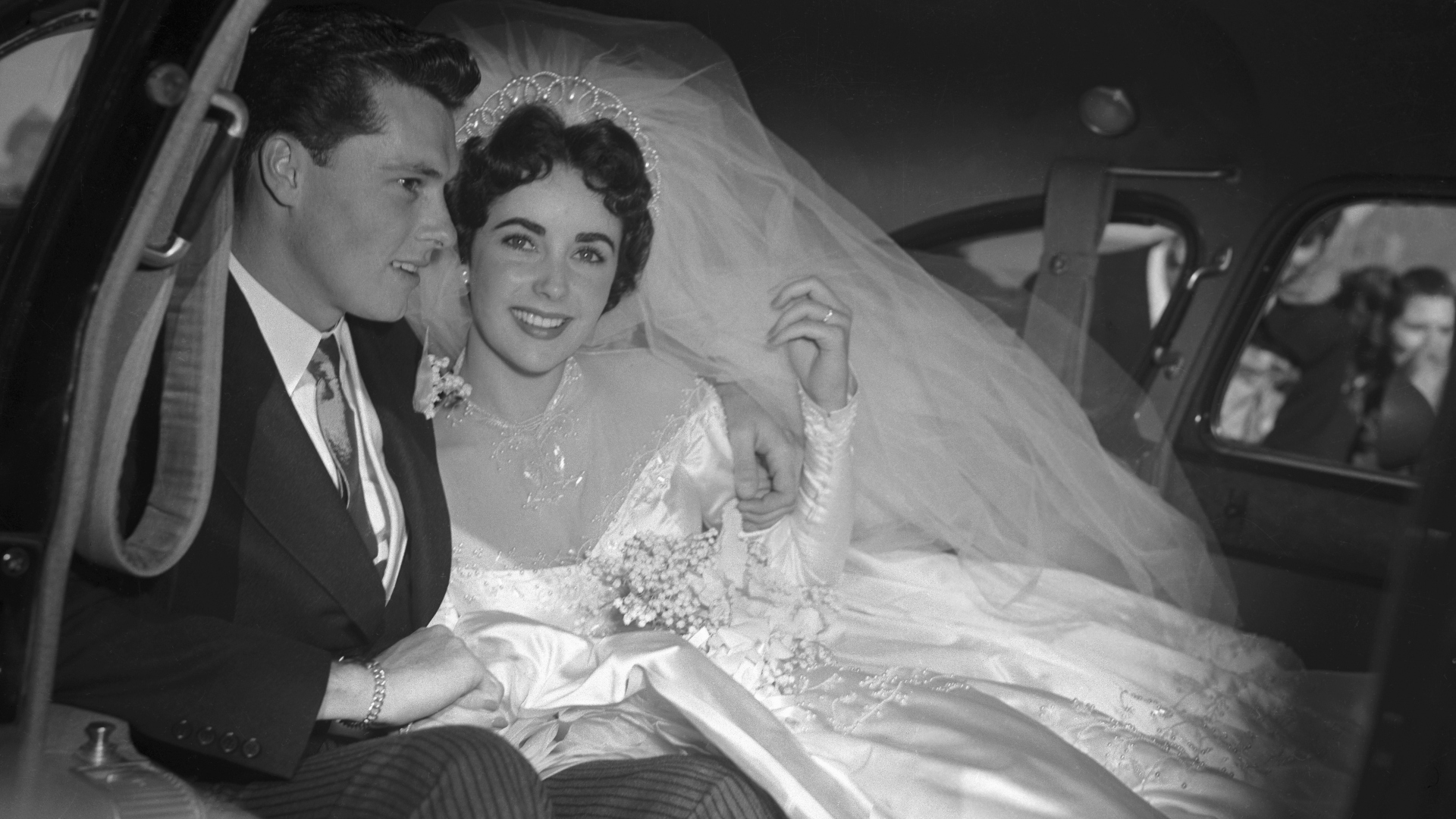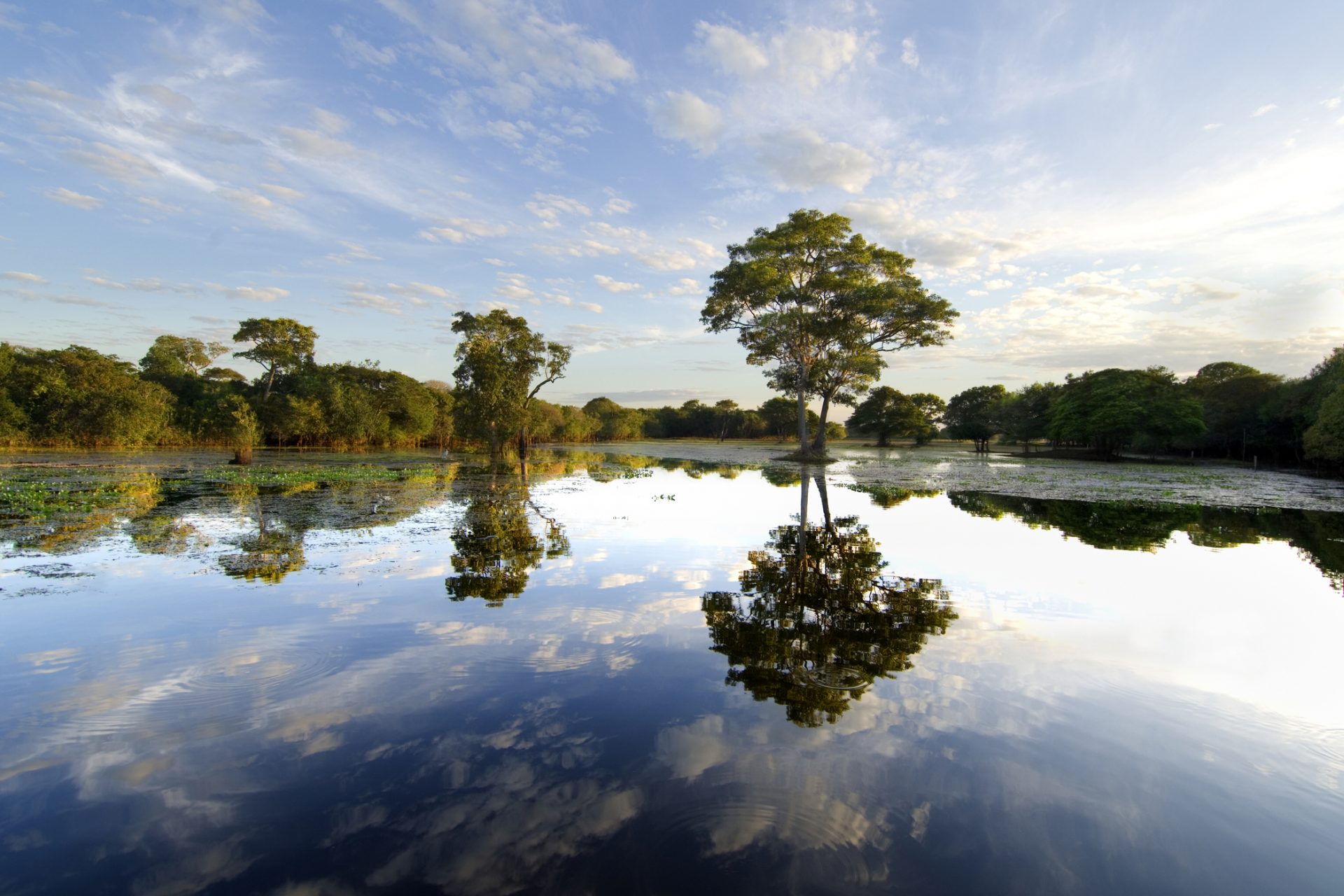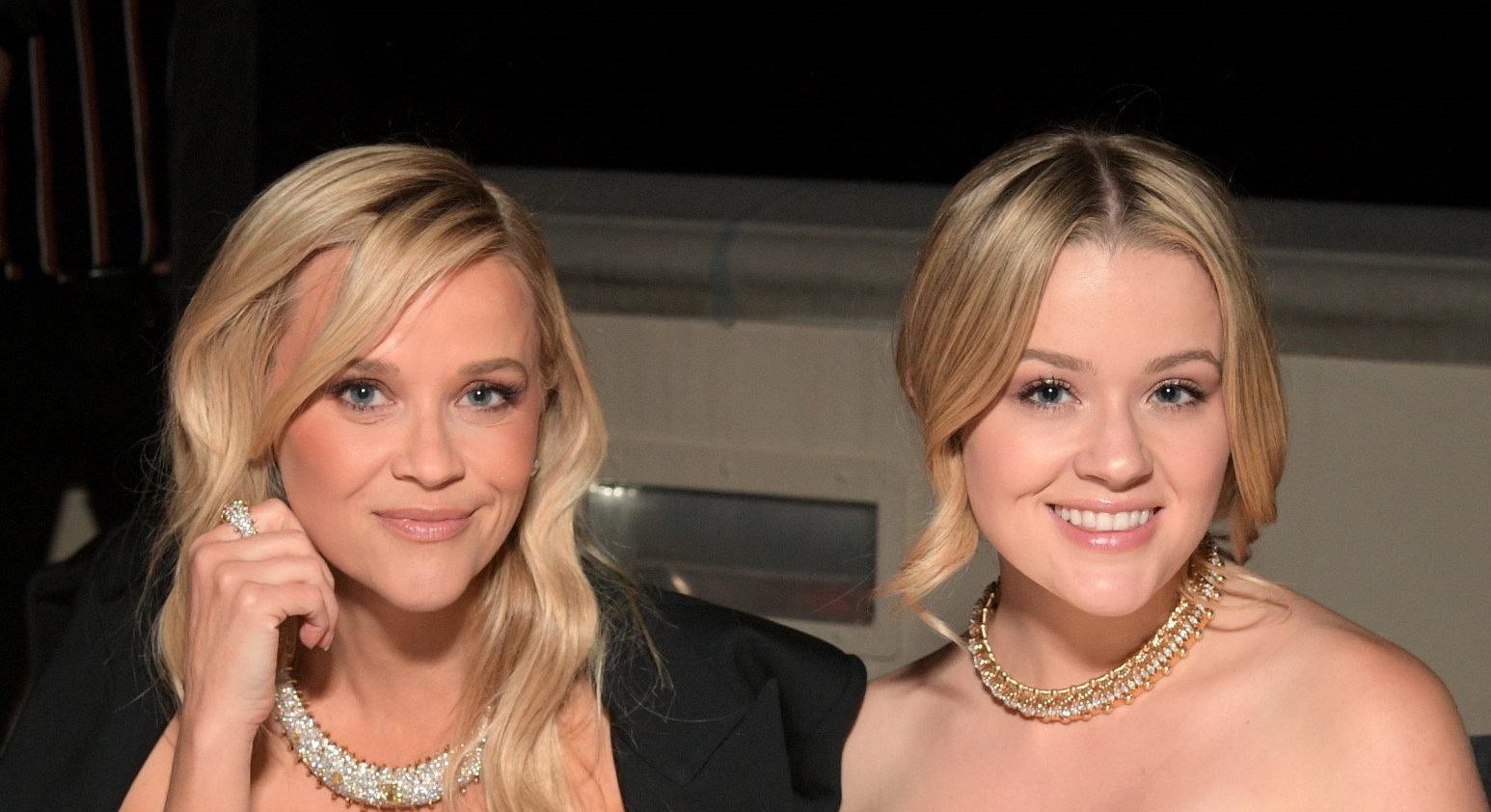Shinzo Abe, former Prime Minister of Japan, dies after being shot in the back
The former Prime Minister of Japan, Shinzo Abe, was shot by a shotgun while giving a speech at a rally in the city of Nara on Friday, July 8. He died a few hours later in hospital.
Reuters reported that, according to Kyodo news agency and NHK, Shinzo Abe was taken by helicopter to the hospital in very serious condition: it is suggested that he was conscious for a little while and then went into cardiorespiratory arrest.
Shinzo Abe was shot in the back during a political rally in the middle of the street. But who shot him?
A 41-year-old man was reportedly the perpetrator of the shooting. According to the Japanese newspaper Yomiuri Shimbun, the attacker's name is Tetsuya Yamagami and he has been arrested.
According to some reports, the detainee was a member of the Japanese military and, more specifically, of the Maritime Self-Defense Forces. The picture shows the site of the attack.
For the time being, the motives for the attack are unknown: a political attack or irrational violence from a clearly-disturbed person?
According to witness accounts, the attacker approached from behind, taking advantage of the crowd and fired almost point-blank. Shizo Abe fell to the ground. It took 15 minutes for the ambulance to arrive.
Testimony gathered by the Yomiuri Shimbun newspaper indicated that the gunman, after carrying out the attack, dropped the shotgun and did not resist arrest.
In the emergency reports published in Japan about what happened, there was talk of two gunshots, although, of course, all the initial information was confusing. It has been reported by the BBC that the first shot missed the assailant's target and it was the second shot that found Abe's back.
Shinzo Abe was Prime Minister of Japan from 2012 to 2020. He held a leadership position in the Liberal Democratic Party, the longest ruling party in the country.
Shinzo Abe was born in Tokyo on September 21, 1954.
Yomiuri Shimbun gathered first impressions from citizens. "I am horrified," expressed Chiyoda Ward from Tokyo.
Chief cabinet secretary Hirokazu Matsuno told reporters, "Former prime minister Abe was shot at around 11:30 local time (02:30 GMT) in Nara. One man, believed to be the shooter, has been taken into custody. The condition of former prime minister Abe is currently unknown," according to the BBC.
Japan has a reputation as a peaceful country and, when talking about political violence, we have to go back to the 1970s, when extreme left-wing terrorist groups such as the Red Army emerged.
Countless messages of support from politicians and the general public have appeared on Japan's social networks. Rahm Emanuel, U.S. Ambassador to Japan, said he was "greatly saddened and dismayed".
Shinzo Abe was a politician belonging to the Japanese right wing. And within that right wing, he had been accused of leaning towards nationalism. Even, at times, holding revisionist positions regarding his country's role in World War II.
This is a family photo of Shinzo Abe when he was a child. He came from a family who have been traditionally involved in politics. He studied political science in Japan and the United States.
Photo: De Shinzō Abe Office - http://bigstory.ap.org/photo/shinzo-abe-shintaro-abe-hironobu-abe-yoko-abe, Public Domain, https://commons.wikimedia.org/w/index.php?curid=31497670
The attack against Shinzo Abe is absolutely unexpected in a society like Japan, whose political culture is peaceful, without major tensions.
According to the BBC, chief cabinet secretary Hirokazu Matsuno told reporters, "Whatever the reason, such a barbaric act can never be tolerated, and we strongly condemn it."


















